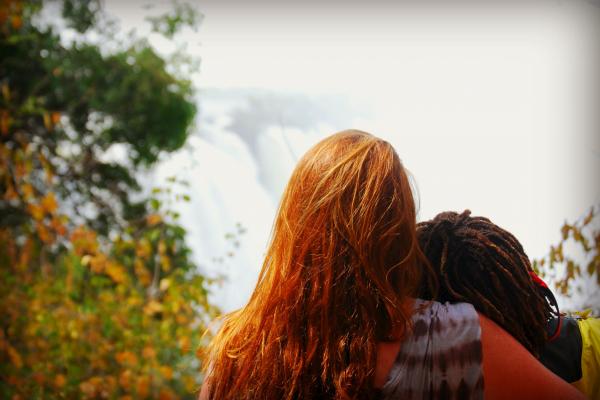Jan 17, 2017
Some of the boys involved in carrying out those acts in December we know, and we know their parents. The parents we do know are not frothing-at-the-mouth bigots. We can’t imagine their sons learned racist ideas at home.
But they learned them somewhere.
Racists and bullies aren’t born. They are made.
Read the Full Article

Already a subscriber? Login
